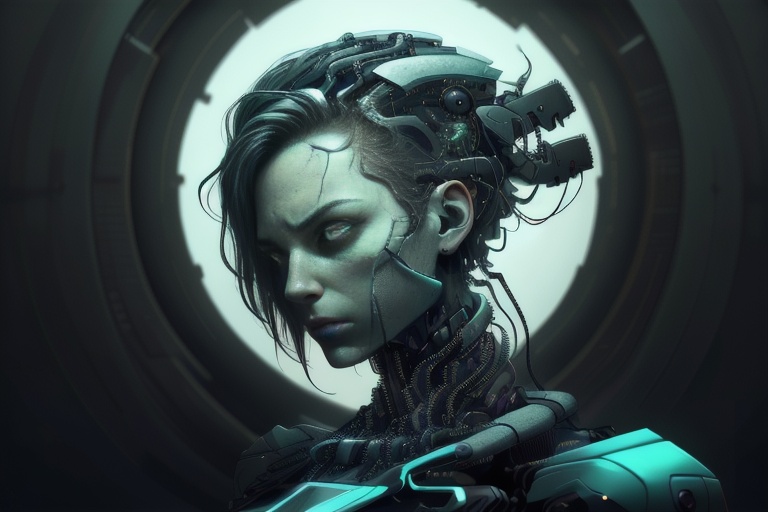
- Details
- By:
- Category: Machine Learning
Artificial Intelligence (AI) has rapidly evolved into a pivotal element within our daily environment, shaping industries and unlocking new opportunities. This emergent field intertwines with various aspects of life, facilitating innovation and efficiency in tasks we encounter regularly. By delving into the expansive realm of AI tools, we uncover the multifaceted ways in which they are altering our approaches to work and technology interaction.

- Details
- By:
- Category: Machine Learning
The landscape of content creation has been vastly transformed by the advent of artificial intelligence (AI) and its offshoots, such as AI-powered writing tools. While these technological innovations have streamlined the way we generate text, they've given rise to the necessity of AI detectors. AI detectors, or AI content detectors, serve as a technological counterbalance, designed to discern whether a piece of content is the product of human ingenuity or AI generation tools like ChatGPT. This recognition has become particularly important as AI writing tools proliferate, raising concerns about the integrity and authenticity of written materials.

- Details
- By:
- Category: Machine Learning
The realm of artificial intelligence (AI) and machine learning represents one of the most groundbreaking domains in technology today, with far-reaching impacts across numerous industries. As businesses, organizations, and daily life becomes increasingly infused with smart technology, expertise in AI has become a sought-after commodity. For those with a foundation in computer science, engineering, or STEM-related fields, a graduate certificate in artificial intelligence offers an enticing avenue to enhance your career trajectory.

- Details
- By:
- Category: Machine Learning
The legal landscape is undergoing a transformation, fueled by the seamless integration of technology into its otherwise traditional practices. As we transition into 2023, lawyers and law firms are increasingly turning to innovative tools designed to elevate productivity and refine the client experience. These advancements are shaping an era where legal professionals can navigate their daily tasks with greater efficiency and precision. This article will explore a variety of key technological tools that are set to become indispensable for lawyers in the upcoming year.

- Details
- By:
- Category: Machine Learning
Artificial intelligence (AI) stands at the frontier of a technological revolution, influencing industries across the spectrum with its ability to innovate and streamline processes. This is especially pronounced in the realms of programming and machine learning, where AI has not only accelerated the pace of development but also redefined the approach to creating software. As we delve into the intersection of AI with these domains, we will uncover the transformative impact AI has had and will continue to have, and see how it can be harnessed to benefit both developers and end-users.
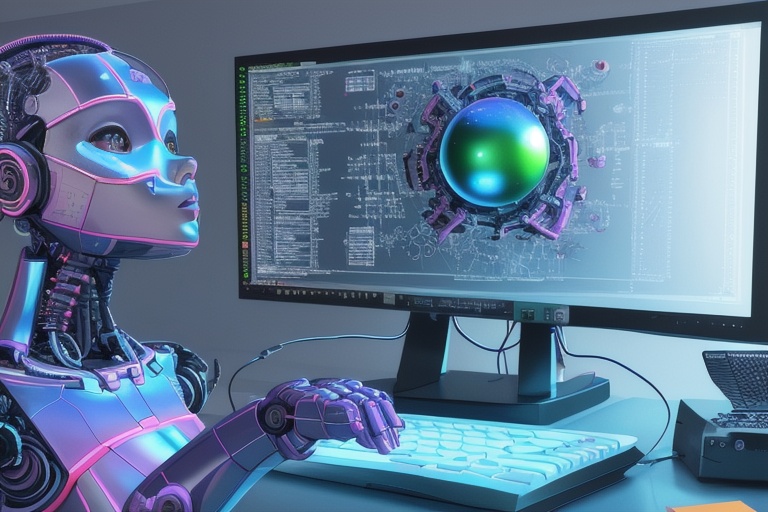
- Details
- By:
- Category: Machine Learning
The digital age is marked by continuous and rapid advancements in technology, with programming, artificial intelligence (AI), and machine learning (ML) leading the charge. These critical areas are redefining industries, creating new capabilities, and opening doors to innovation that were once considered the realm of science fiction.
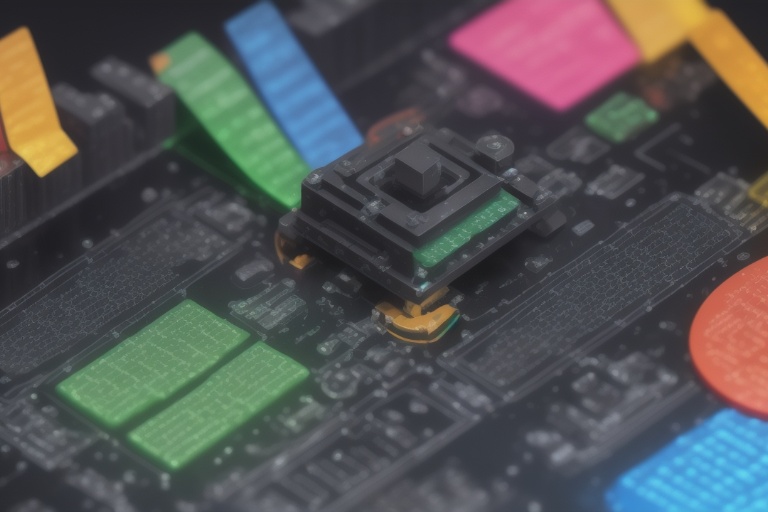
- Details
- By:
- Category: Machine Learning
Artificial General Intelligence (AGI) stands at the forefront of technological progress and has become a beacon that heralds a future teeming with both promise and precaution. With the potential to eclipse human intelligence and transform the way we perform complex tasks, AGI has captured the imagination and scrutiny of technology aficionados, academics, and policymakers alike. Discussions around the capabilities of AGI are rife with speculation — envisioning a society enhanced by machines that can reason, learn, and adapt in ways that, until now, were the exclusive dominion of humans.

- Details
- By:
- Category: Machine Learning
Artificial intelligence (AI) has quickly ascended to the forefront of technological innovation, capturing the attention of both enthusiasts and skeptics. This remarkable field influences countless aspects of modern life, with applications stretching from sophisticated language models like ChatGPT to revolutionary self-driving vehicles. This article delves into the world of AI, highlighting key statistics and insights that illustrate its growing dominance and the immense potential it holds for the future.

- Details
- By:
- Category: Machine Learning
Artificial Intelligence (AI): A Modern Revolution
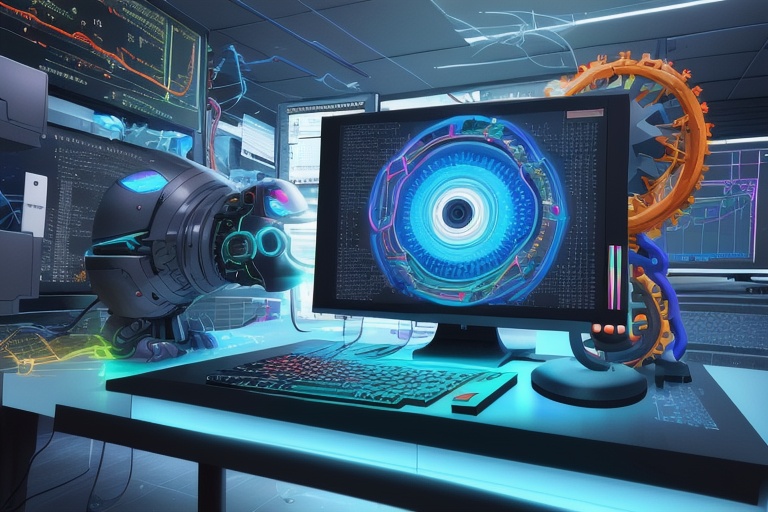
- Details
- By:
- Category: Machine Learning
Artificial intelligence (AI) and machine learning are constantly redefining the boundaries of what is possible, especially in the domain of artistic creation. Today, a wave of robust AI art generators is revolutionizing the scene, transforming how artists, designers, and creatives approach visual design. With an array of platforms at one's disposal, each offering unique capabilities and styles, the power to manifest one's creative vision has never been more accessible.

- Details
- By:
- Category: Machine Learning
The emergence of Artificial Intelligence (AI) and machine learning has irrevocably altered the landscape of technology and its trajectory into the future. As we forge into 2023, we find these disciplines not just influencing, but actively reshaping various sectors—beckoning a range of enthusiasts, from seasoned programmers to novices, towards a deeper understanding of these transformative technologies. In the spirit of this remarkable era, an array of educational opportunities has surfaced, designed to empower individuals with the knowledge and skills necessary to navigate the ever-evolving terrain. Herein, we outline a comprehensive guide to noteworthy AI courses that promise to enlighten and equip learners with the proficiencies needed to excel in the coming year.

- Details
- By:
- Category: Machine Learning
Educational practices are evolving at an unprecedented pace, fueled by the rapid development of artificial intelligence (AI). This surge of innovation brings both excitement and challenges to the fore for educators striving to refine and advance their teaching methods. A groundbreaking resource for these education professionals is "The AI Classroom," a comprehensive guide that heralds a new era in education.

- Details
- By:
- Category: Machine Learning
Artificial Intelligence (AI) is rapidly transforming the marketing landscape, providing unprecedented opportunities for marketers to delve into large data sets, predict trends, and craft individualized experiences that resonate with consumers. The trajectory of AI in the field of marketing over the next five years is poised for significant advancements across a spectrum of applications, including personalization, voice and image search, client engagement, sophisticated data analytics, and forward-looking marketing strategies.

- Details
- By:
- Category: Machine Learning
The fusion of GPS technology into the agricultural landscape has brought forth an age of precision farming with profound improvements in how we cultivate our lands. This evolutionary leap is marked by significant gains in efficiency, productivity, and ecological mindfulness. By marrying GPS with Geographic Information Systems (GIS) and remote sensing technologies, farmers can now manage and assess geospatial data with heightened detail and adaptability, laying out a canvas for nuanced farming strategies.

- Details
- By:
- Category: Machine Learning
Over the past few decades, we have witnessed a seismic shift in the technological landscape, led by the rapid advancement of programming, artificial intelligence (AI), and machine learning (ML). Their influence spans across numerous sectors and is poised to further transform our lives in ways we are only beginning to comprehend. What follows is a comprehensive exploration of these groundbreaking fields, shedding light on the theory, application, and broader implications they embody.
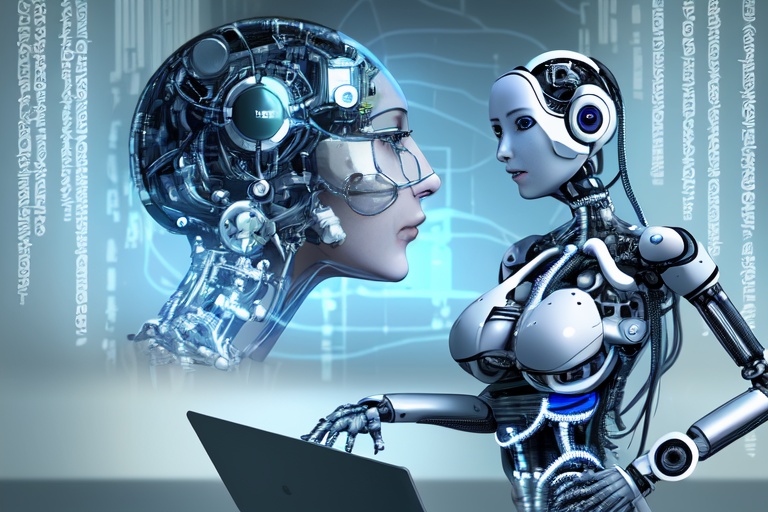
- Details
- By:
- Category: Machine Learning
Artificial intelligence (AI) and programming are the cornerstones of the modern technological revolution, fueling innovation and opening the door to a future brimming with possibilities. These fields, with their roots deeply embedded in the digital soil, have transformed the way industries operate and have challenged our conventional views on machine capability. This article is geared towards individuals who wish to grasp the essence of programming and AI, regardless of whether you're dipping your toes into these waters for the first time or you're a seasoned professional aiming to broaden your horizon.
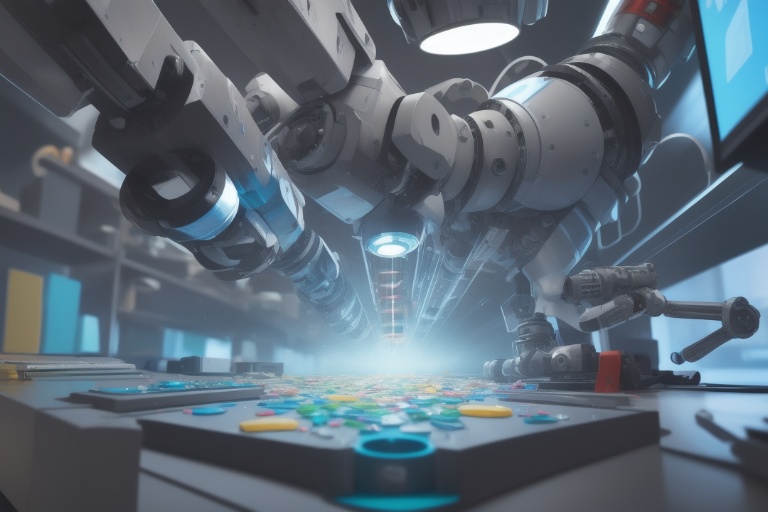
- Details
- By:
- Category: Machine Learning
JavaScript stands as a pillar in the vast and intricate domain of programming—its influence extending into the rapidly evolving sectors of Artificial Intelligence (AI) and Machine Learning (ML). For professionals and enthusiasts alike, discerning JavaScript's pivotal role in these advanced fields is key to grasping current technological trends and developments. This article delves into the practical applications and importance of JavaScript within AI and ML, highlighting its substantial impact on the efficiency, functionality, and accessibility of contemporary software solutions.

- Details
- By:
- Category: Machine Learning
Artificial intelligence (AI) is transforming the world in ways that were once restricted to the realms of science fiction. From the voice-activated assistants in our homes to autonomous vehicles maneuvering through city streets, and even the advanced facial recognition features on our smartphones, AI technologies are increasingly integrated into our daily lives. AI represents the ability of computers and machines to emulate human thought processes, learn from experiences, and carry out tasks that traditionally required human intelligence. This evolution of technology is redefining industries, enhancing human capabilities, and shaping the way we interact with the world around us. It is, therefore, vital to demystify AI and recognize its profound implications, not just for tech enthusiasts but for future generations.



